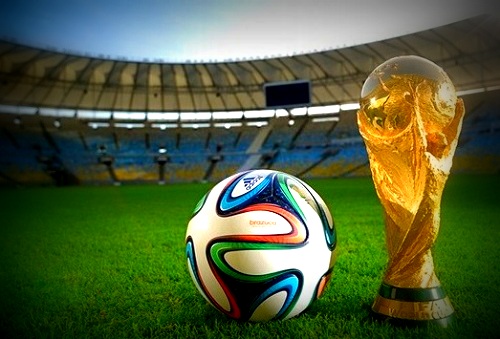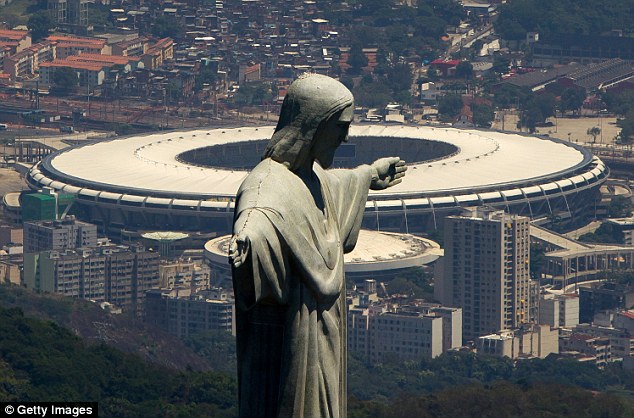
Question: How can we retain our individual and cultural distinctiveness yet live in peace with others who are different?
Or, to put it this way: How can I be me, in all my uniqueness and within my social group yet also be connected and bound up with everyone else, even those who I might consider my rivals or enemies?
I think this is one of the key questions facing our world today.
All across the globe we see conflicts and tensions rooted in the clash of cultures, political and religious ideologies and conflicting identities.
How can we be true to the person who we are yet feel bound together with all the others?
Audacious answer: Look to the World Cup Finals and the Christian doctrine of the Trinity.
Football (soccer) is very tribal, in the sense that it is largely about identifying with one group set against all the other (rival) groups/teams. The game and the support of football can be violent. Yet, it can also bring people together whilst retaining their different and distinctive allegiances. This is sport at its best. My brother and I have always supported rival football teams. Yet, we have can come together to watch them play each other without any lose of our own identity or without the need to diminish the other brother’s distinctiveness.


Football (and all competitive sport) has a great lesson for today’s world. It shows us that to live together we don’t all have to become one global culture nor do we have to beat all other cultures into submission or annihilation. Rather, we can retain our cultural uniqueness yet be bound together.
You can see this when nations who are at enmity meet competitively at a sporting event. At first there is both anxiety and hope. The anxiety is whether the political or ethnic tension will over flow onto the sporting arena. And sometimes it does. The hope is that these two rivals or enemies can face each other competitively but with mutual respect and with a sense that we are in this (sport) together. After a successful sporting encounter the mood can change. Spectators and others might well ask if these two rivals can meet peacefully in the sporting arena, why can’t they also coexist peacefully in the other realms of life? One might hope more that it might lead to a mutual re-humanising of each other and to a chance to learn the key lesson that the other’s difference is not a threat to the integrity of one’s own identity.
The Christian doctrine of the Trinity ascribes to God this paradoxical tension of separation and bonding. Within the world-view of the Trinity, God is a unity of three distinct ‘beings’. (God is not a ‘being’ as such. The Greek theologians who did the pioneering reflection on the Trinity talked of one ousia (substance) and three hypostases (existences)). Each of the three has its own unique existence yet they are all bound together in a common nature.

The Trinity models how humans should exist in relation to one another. Like the Trinity, human beings have their unique individual existences yet we share a common human nature.
The Trinity suggests that when people live together peaceably, recognising our uniqueness and our commonality, then we are sharing in the life of God.
So quite possibly, watching football or participating in sport can be a spiritual experience, a moment of communion with God. Watching the world cup can bring us closer to God.
